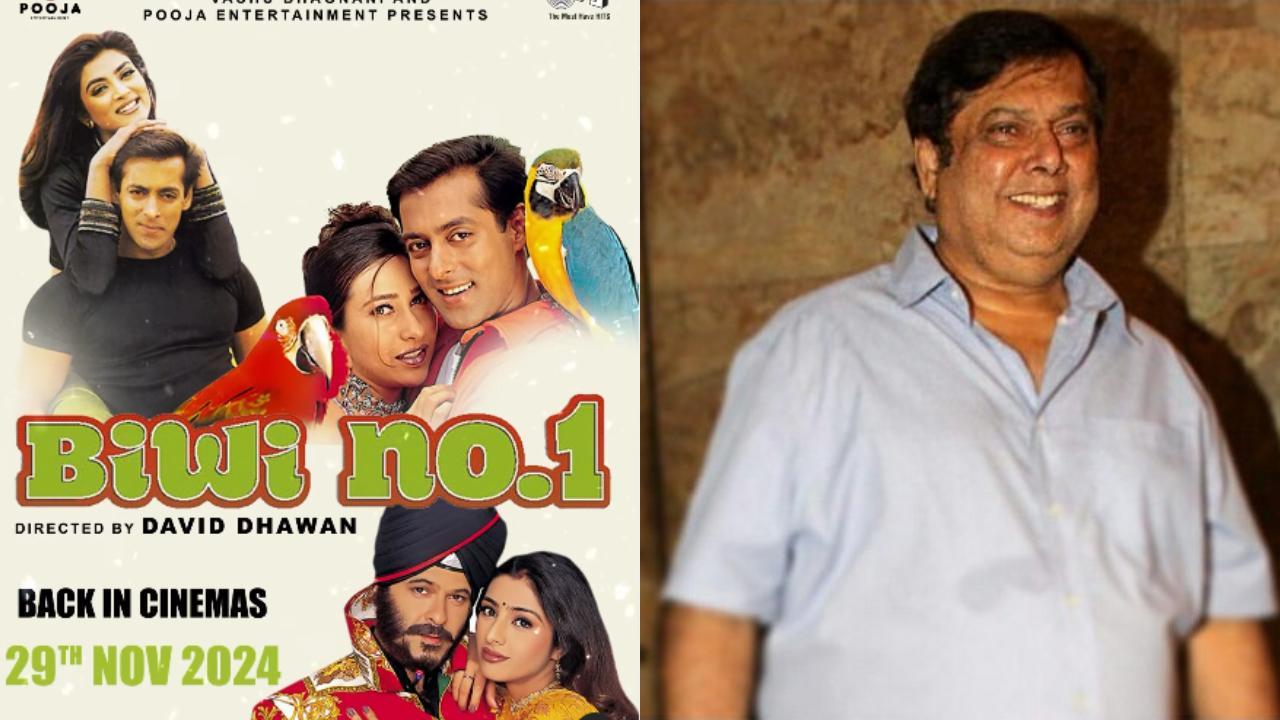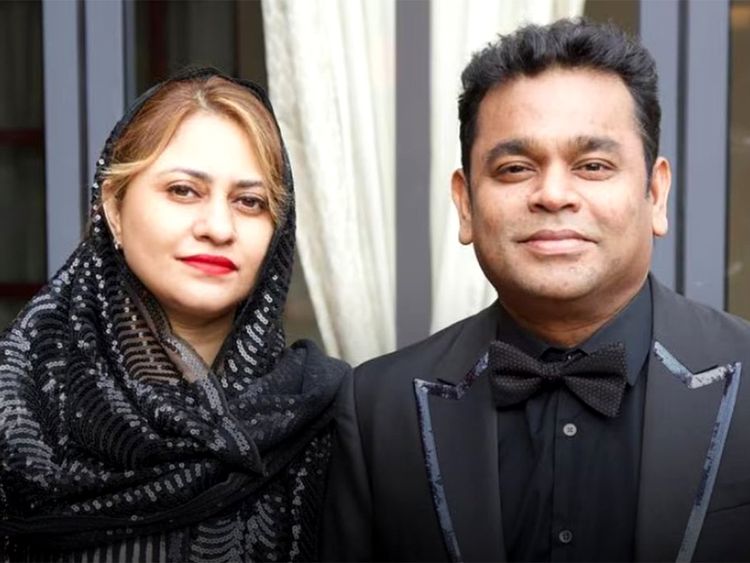
Actor Ji Yea-un mimics NewJeans member Hanni’s testimony in broken Korean during a National Assembly audit in an “SNL Korea” skit. Captured from Coupang Play By KTimes Recent controversies surrounding popular Korean comedy and entertainment programs have revealed a disturbing trend: the use of the vulnerable as the butt of jokes, often under the guise of parody. Criticism has been especially sharp against “SNL Korea” on the streaming platform Coupang Play, and the dating reality show “I Am Solo” on SBS Plus and ENA channels.
The backlash exposes issues in Korea’s entertainment culture, with calls for drastic reform as these programs face mounting criticism for their insensitive treatment of marginalized groups, both domestically and internationally. "SNL Korea" has recently faced repeated controversy for its inappropriate portrayals of vulnerable individuals. In a scene from the skit “National Assembly Audit,” released on Oct.
19, actor Je Yea-un was shown sobbing, intentionally stammering in broken Korean as she said, “I met an employee in the hallway and greeted them, but a supervisor from the adjacent team told me, ‘Hey, just ignore her.’ I was very sad.” The skit used the recent testimony of NewJeans member Hanni, a Vietnamese Australian, who emotionally shared her experience of workplace harassment at a National Assembly hearing.
If a white American actor had imitated an Asian immigrant struggling to express their suffering in broken English on the American version of "SNL," it would have likely provoked accusations of racism. With increased sensitivity to human rights, public opinion in Korea has also reacted strongly, with critics calling the skit “racist for mocking Hanni’s speech.” Comedian Ahn Young-mi parodies the drama “Jungnyeon” with exaggerated emphasis on a specific body part in an “SNL Korea” skit.
Captured from Coupang Play Failure to understand essence of parody Critics argue that a more respectful parody might have focused on her courage, but the skit’s emphasis on her accented Korean served only to ridicule, not to provoke thought. Cultural critic Kim Heon-sik said, “Mocking the vulnerable is not parody but secondary harm,” and added that the skit reflects long-standing issues within Korean comedy. Similarly, Lee Ji-haeng of Dong-A University’s Gender and Affect Studies Institute said, “Effective parody enables viewers to adopt a critical view of power structures, something this skit fails to accomplish.
” Only a week later, “SNL Korea” again sparked outrage by parodying the popular period drama “Jeongnyeon: The Star Is Born,” which features teenage female protagonists, reducing the lead to an offensive, hypersexualized caricature. The failure to understand the essence of parody — criticizing societal norms or those in power — appears to be a recurring issue with the show. This insensitivity in Korean entertainment isn’t isolated to “SNL Korea.
” In February, mukbang YouTuber Tzuyang received criticism after featuring a Filipino woman in a culturally insensitive and racially charged comedy sketch. Public reactions from Filipino netizens prompted her to remove the video. Mukbang YouTuber Tzuyang, right, features comedian Kim Ji-young imitating a Filipina marriage migrant in a video posted last January.
Following criticism for racial insensitivity, the video was deleted. Captured from Tzuyang's YouTube channel 'Pseudo-parody' prevails This incident underscores the lack of systems in online platforms to vet content for sensitivity, an issue that Han Seok-hyun of YMCA’s Civic Center points to as a significant issue in the industry. The focus on quickly trending “memes” and visuals often results in what critic Kim Gyo-seok calls “pseudo-parody.
” He argues that desperate attempts to cash in on popular culture without meaningful commentary lead to unfunny, harmful mockery disguised as comedy. Beyond content, the work environment for those creating these shows is also drawing criticism. In September, the production company behind “I Am Solo” was fined after an investigation revealed that writers were not provided formal contracts, highlighting the precarious status of freelance workers within the Korean television industry.
In another case, six writers from a different show were fired abruptly after reporting an instance of workplace violence. The broadcasting industry’s power imbalance leaves writers and lower-level staff vulnerable to exploitation and abuse. “The controversies surrounding ‘SNL Korea’ and ‘I Am Solo’ highlight a regression in Korean entertainment," cultural critic Seong Sang-min said.
"Instead of using ‘political correctness’ as a scapegoat for the decline of comedy, the industry must focus on updating production practices to align with today’s standards.” This article from the Hankook Ilbo, the sister publication of The Korea Times, is translated by a generative AI system and edited by The Korea Times..














